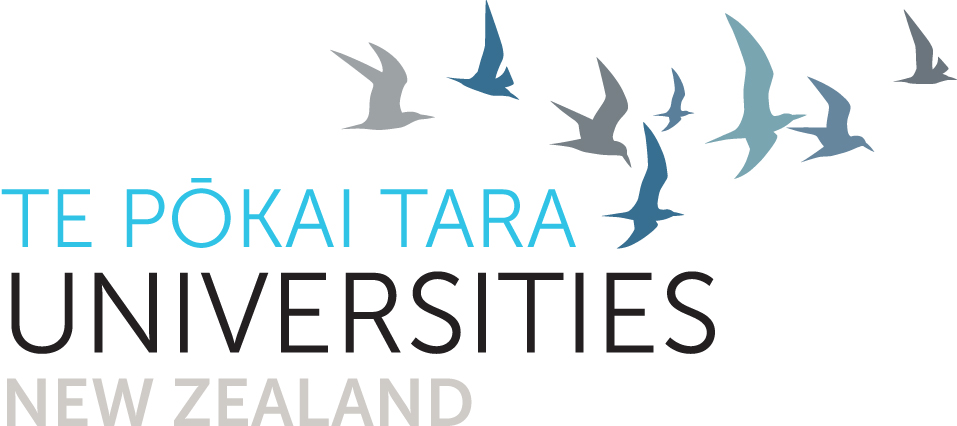

DOAJ is very pleased for the support received from CAUL and the Council of New Zealand University Librarians (CONZUL) towards a sustainable funding model promoted by SCOSS. These two new additions enlarge the list of institutions who have committed funds to support DOAJ and Open Access.
The Council of Australian University Librarians (CAUL) is pleased to be a founding member of the Sustainability Coalition for Open Science Services (SCOSS). At least thirteen CAUL member university libraries and one Council of New Zealand University Librarians (CONZUL) member library have pledged €42,000 to date in support of the SCOSS crowd-funding program to improve the ongoing sustainability of the Directory of Open Access Journals (DOAJ). This demonstrates the perception of value provided by DOAJ to Australian and New Zealand universities. I would like to encourage university librarians from around the world to consider contributing to the SCOSS appeal for DOAJ.Martin Borchert, University Librarian, UNSW Sydney and Chair of the SCOSS Board
About CAUL
CAUL is the peak leadership organisation for university libraries in Australia. Members are the lead library executive of the institutions that have representation on Universities Australia.
About CONZUL
The Council of New Zealand University Librarians (CONZUL) is a Committee of Universities New Zealand – Te Pōkai Tara. CONZUL’s objective is to act collectively to improve the access for students and staff of New Zealand universities, to the information resources required to advance teaching, learning and research. The objectives are embodied in CONZUL’s statement on Open Access.
About SCOSS
The formation of the Global Sustainability Coalition for Open Science Services(SCOSS) represents a community-led effort to help maintain, and ultimately secure, vital infrastructure. This recognition of the cruciality of such infrastructure, and of securing it, is what led to the formation of SCOSS. Groundwork for the coalition was laid by the Knowledge Exchange, which presented many of the foundational ideas for it in its 2016 report Putting Down Roots, Securing the Future of Open Access Policies.

Congratulation